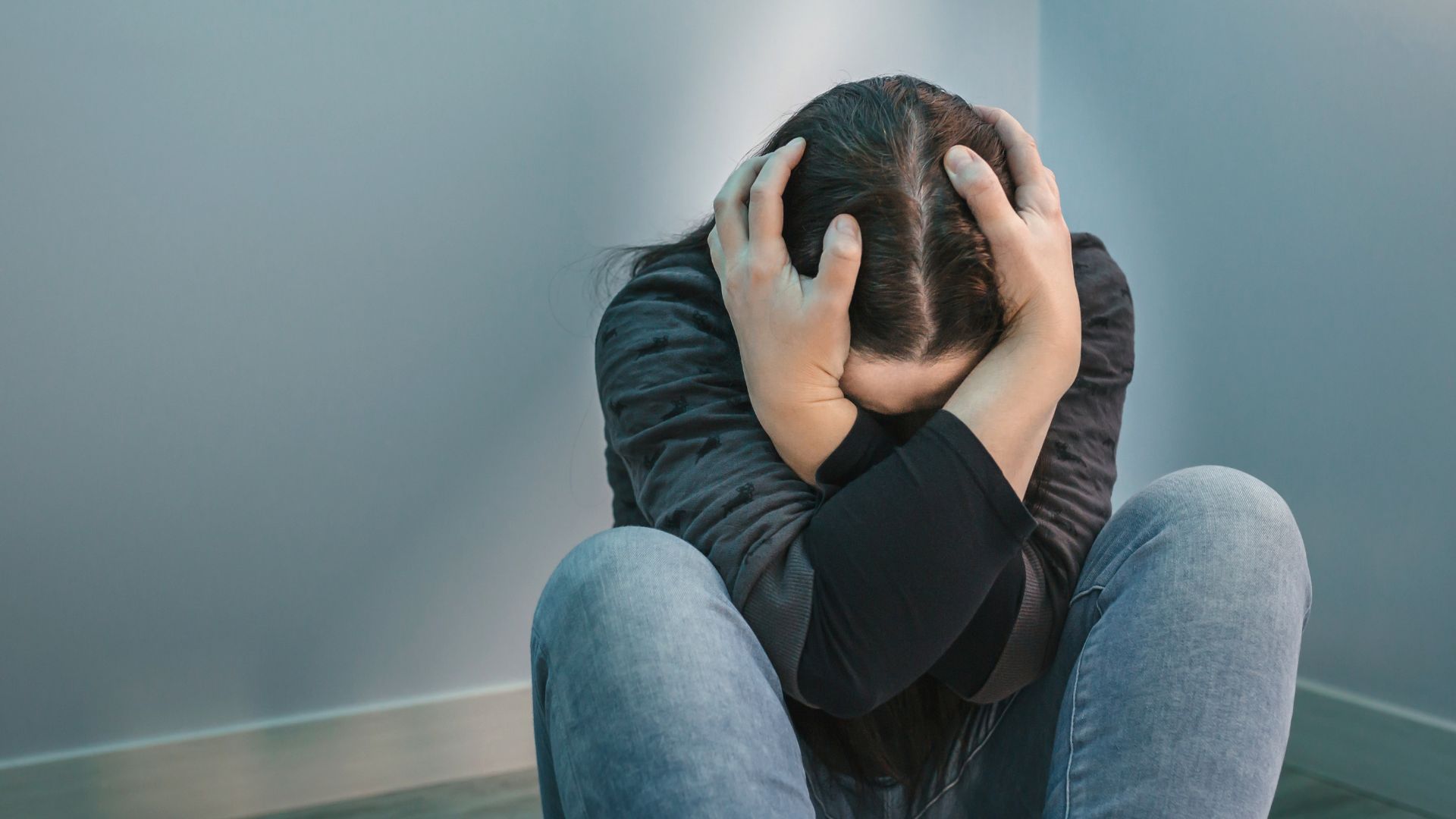What happens if you don’t treat bipolar disorder?
Are you experiencing extreme changes in mood? Is it bothering you? Know someone experiencing the same thing? Read to know what it could be.
December 16 2022 | Rachael RichardWhat happens if you don’t treat bipolar disorder?
Bipolar disorder is a serious mental health illness characterized by unexpected mood shifts. This includes a mixture of manic, hypomanic and depressive episodes. There are many kinds of bipolar disorders of which bipolar 1 and bipolar 2 are the most common.
Bipolar is treatable but when the conditions are left untreated it can lead to:
Insomnia
Personal and professional issues
Suicidal thoughts
Development of other long-lasting health conditions
Effects of untreated bipolar disorder
Personal living: Untreated bipolar disorder can be an emotional challenge for those experiencing it. It can affect interactions with others to the point where people may find it difficult to socialize. This can have an immense negative impact on them.

Bipolar conditions can hamper marriage lives, through sexual and marital dissatisfaction. High rates of divorce are seen among people with this condition. Caregivers and family members often find it stressful to care for those suffering from untreated bipolar disorders.

Workplace: Individuals with untreated bipolar disorder may see consequences in their work life too. It can affect how they work and their relationships with coworkers.
Suicide and suicidal ideation: Untreated bipolar disorder has been connected with an increased risk of suicidal attempts and extreme mood swings. Suicide is a major factor in mortality rates in people with bipolar disorders.

This is particularly seen when the condition is left untreated. Experts suggest that treatment given on time can prevent suicides. Therapy, medication, change in lifestyle and a good healthy network of support can help overcome these issues. The disorder can differ from person to person and is mostly characterized by changes in moods and day-to-day activities. The severity of the condition can indicate which type of bipolar disorder you have.
Bipolar disorder makes people experience extreme mood changes.
Manic episodes
This is described by increased levels of energy and elevated moods. During this episode, you feel like you are on top of the world. It has serious risk factors associated and must be treated. The following symptoms are common in episodes of mania:
Carelessness
Irresponsible decision-making
Neglecting food and sleep
Restlessness and talking continuously
Hallucinations
Depressive episodes
Depressive episodes vary from just feeling sad. During this stage, you may experience:
Guilt
Hopelessness
Feeling of failure
Sadness
Feeling miserable

Both manic and depressive episodes have been known to cause an increase in suicidal thoughts and attempts. A strong supportive network will help you deal with loneliness and maximize the benefits of treatment. It might be tough, but seek help in the best way you can.
Treatment
Symptoms of Bipolar Disorder can be treated and managed if the patient is diagnosed and kept under observation. The minute you start observing symptoms, consult your physician. Here are a few treatments that have helped many.

Medicines: Medications on a daily basis can help in cutting down the symptoms of depression and mania. They also help in stabilizing mood. Some prescribed medicines are:
Lithium
Antipsychotics
Anticonvulsants
The medications must be taken as per your doctor’s advice and under their guidance. There can be side effects and if you experience them, please report it to your doctor.
Therapy: There are many kinds of therapies for the treatment of bipolar disorder that include cognitive behavioral therapy and family-focused therapy. A combination of medicines and therapy often goes a long way.

Finding the right therapist may be difficult. Make sure to pick someone who is not judgmental, and be trusted to be a professional.
Change in lifestyle: Bipolar disorders can increase the risk of sleep disorders. Maintaining stable health both physically and mentally is important. Here are some tips:
Follow a regular workout regime.
Adopt a balanced diet.
Find ways to reduce stress.
Get 7-8 hours of sleep.
Limit intake of alcohol, drugs and smoking.
Build a healthy and strong social network of family and friends.
There are ways to manage and treat bipolar disorders. If you notice these symptoms, reach out to your healthcare professionals.
Disclaimer : Beem Wellness provides general education on health and wellness. The content on this blog, website or any linked material is not intended and should not be considered, or used as a substitute for, medical advice, diagnosis or treatment. If you or any other person has a medical concern, you should immediately consult your health care provider.
In case of medical emergencies, please call 911.

